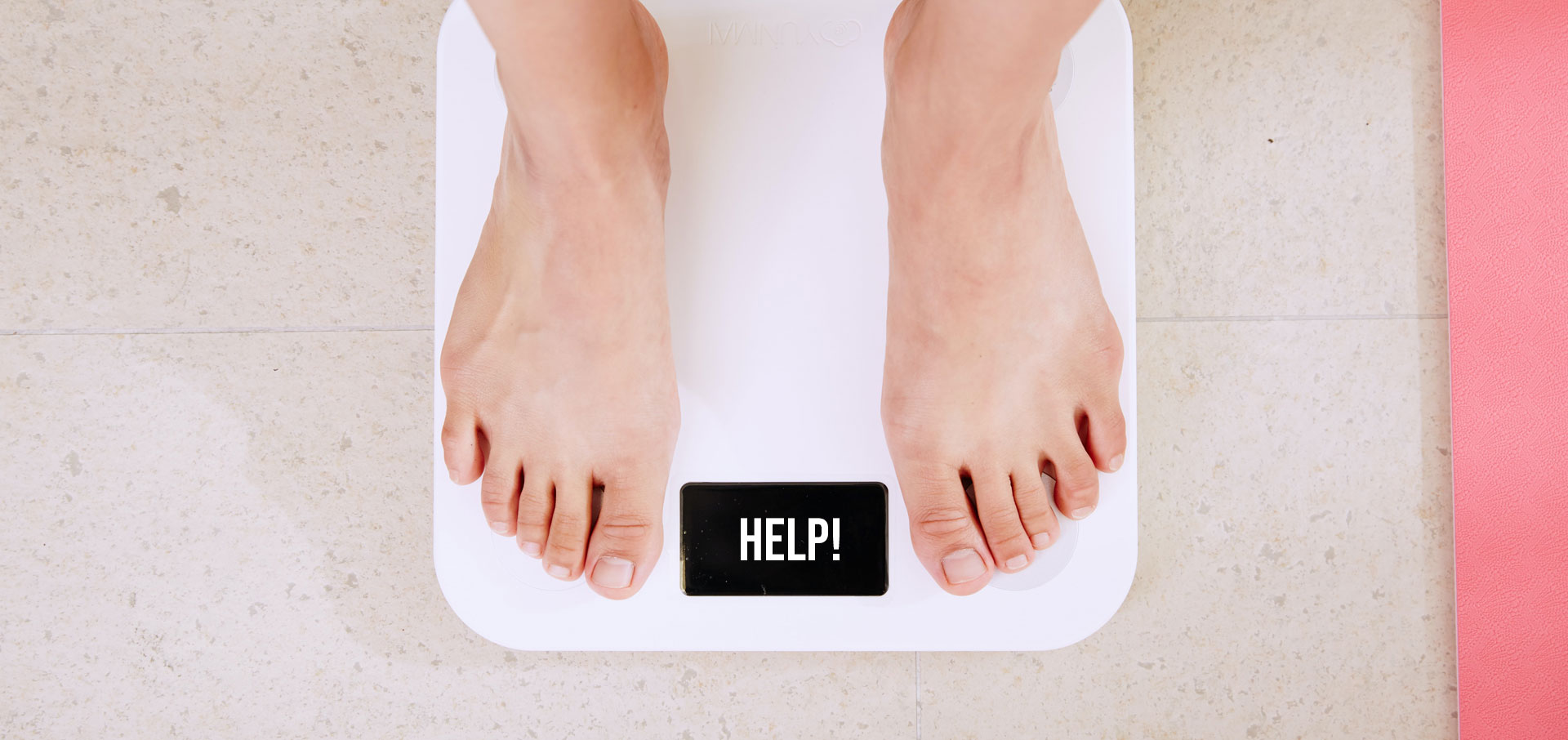What is the Real Relationship Between Gaining Weight and Balanced Hormones?
We have all been there, it starts off as a pesky 5 lbs we cannot seem to get off, even with a strict diet and healthy amount of activity. Then the next year it’s another pound, and another one. What is the real relationship between gaining weight and balanced hormones? During the aging process, and start of andropause in men, which starts around age 30, and pre-menopause for women, which starts around age 35, testosterone production declines annually at an alarming rate of up to 30% per year. To understand why this, along with declining estradiol, can lead to hormonal weight gain, or hormonal weight fluctuation, we first need to understand what role our hormones play in our body composition and weight management to begin with. Let’s start with Testosterone, the heavy hitter, so to speak.
We first need to understand what role our hormones play in our body composition and weight management
Testosterone is responsible for regulating important functions in the body, such as preventional of muscle atrophy, nitric oxide production, and also has a psychological effect which increases the overall sense of well being. This is the physical reason why we literally have more energy when we are young. Nitric oxide provides energy to our bodies on a cellular level, and hormones, especially testosterone, increase the body’s production of nitric oxide, by up to 50%. Testosterone, when abundant in the body, also reduces fat stores. However, as we age, aromatase, an enzyme that converts our hormones rapidly to estradiol, takes over. This leads to excess estrogen levels, which can lead to stubborn belly fat, and loss of muscle mass. This becomes a vicious cycle because one place that there is an abundance of aromatase in the body is, you guessed it, your fat cells! Less testosterone, more aromatase, more fat cells, more aromatase, and the cycle continues. This is why replacing testosterone naturally with bioidentical replacement, especially in the form of pellets, breaks the cycle and leads to a reduction of the fat cells, increase in testosterone levels, and therefore, a decrease in the aromatase.
Hormonal Imbalance can Lead to Visceral Fat Gain
That’s not to say however, that estradiol causes weight gain on its own when balanced. Depleted or subprime levels of estradiol seen in menopause can also cause hormonal weight gain or hormonal weight fluctuation. Diminished estradiol levels often lead to a more harmful, visceral fat gain in women. This is the harder fat that attaches around the organs, and can lead to dysfunction like diabetes, dysmetabolic syndrome and heart disease. In fact a woman is most likely to have a cardiac event in her first year after menopause. Healthy estradiol levels also help to protect the bones, and promote a healthy mood and sense of well being, and like testosterone, increase the production of nitric oxide. Supplementing natural bioidentical hormone replacement, especially pellets, provide a steady, consistent delivery that when combined with testosterone, can improve body composition scores by up to 30 % over a 3 year period on the therapy.
Testosterone, when abundant in the body, also reduces fat stores.
Take a Short Quiz to see if natural hormone replacement therapy is right for you.



